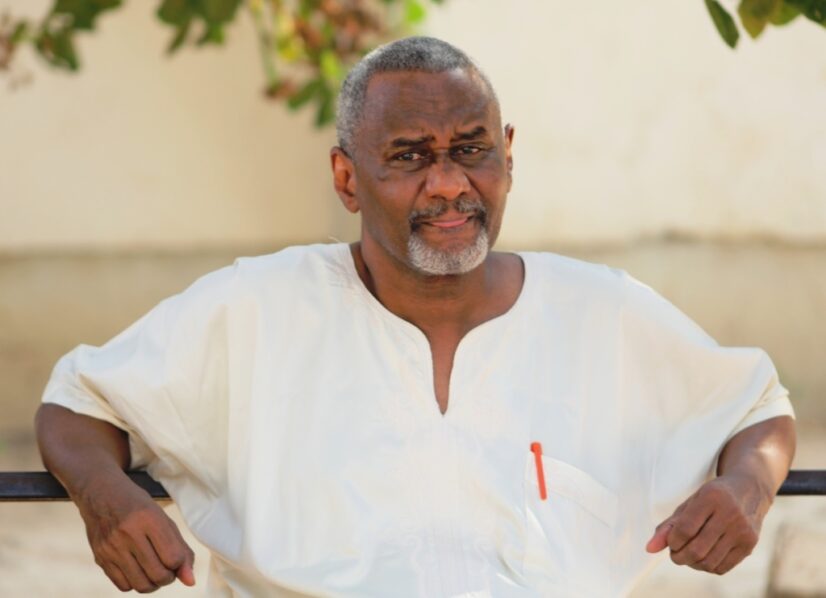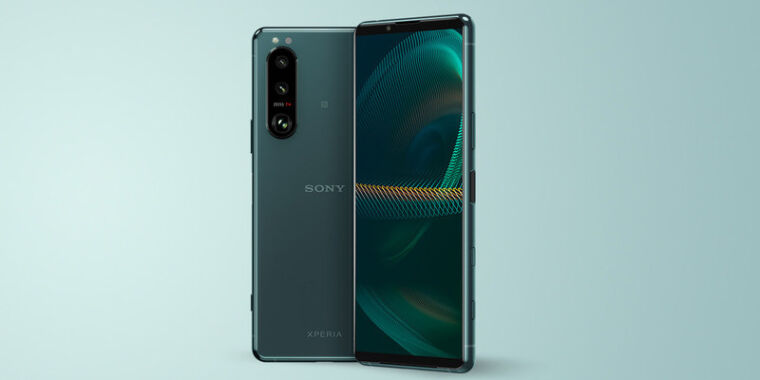Africa, with some of the world’s fastest-growing economies and a rapidly expanding population, has the potential to become a global leader in telecommunications. But enabling this requires overcoming certain shortfalls. First, there is a need to shift fundamental misconceptions about the continent.
The belief that Africa is a unified market must be corrected. It is not. The sheer size of the continent is massive, with the ability to accommodate China, Europe, the continental United States, and a significant portion of India within its borders. This expansiveness is not just geographical, but cultural, too. It is home to more than 1.2 billion people—not far shy of China’s populace that speaks more than 2,000 languages. By comparison, Europe houses a little over 200 languages and dialects.
The truth here is simple: Africa is a region, not a market. We must understand that Africa is not a homogeneous entity but a diverse continent consisting of 54 markets, each with distinct political dynamics and economic climates. Africa is a region of diverse nations. As such, the argument stands firmly that we cannot logically “invest in Africa” because it is not one country with a single currency, government and regulatory framework, social system or business ecosystem.
From a business point of view, companies do not operate “across Africa”—they instead have the opportunity to win a share in specific national markets. Without a doubt, over-generalisation cannot win in the region as operating in our context requires a tailored approach for each specific national market, and trying to extrapolate trends for consumer app adoption generically will only produce an inaccurate and dangerous conflation of no value.
There’s wisdom in the opportunity of complexity
The technology, media, and telecommunications (TMT) industry serves as a prime example of the intricate dynamics that make it challenging to adopt a one-size-fits-all approach to doing business in the region. As providers of connectivity and essential services, telcos play a significant role in building trust among consumers as they enable them to connect with others anywhere in the world and make and receive payments. Looking at the sector, even from a basic perspective, we realise the depth of variations and nuances in market dynamics as there are extensive and innovative ecosystems.
In East Africa alone, consider some of the giants in digital payments and mobile money solutions: Safaricom’s M-Pesa in Kenya, MTN Network’s Mobile Money in Rwanda and Uganda, and Airtel Money in various countries. Within renewable energy and green technology spaces, there are companies such as M-KOPA Solar, BBOXX, and Powerhive which offer affordable and clean renewable energy solutions using solar power and battery storage, leveraging the Internet of Things (IoT) and cloud technology for monitoring and management. Artificial intelligence (AI) is also leaping ahead with the likes of Twiga Foods, Shield, and Flare utilising AI and machine learning algorithms to optimise supply chain logistics, combat financial fraud, and optimise emergency response systems.
In terms of mobile technology, East Africa has witnessed remarkable mobile penetration, with this technology becoming the primary means of communication and internet access. Mobile money services and mobile applications are now widely adopted, with efforts being made to expand broadband coverage by deploying 4G and 5G networks. Network infrastructure is also progressive with significant investments made in submarine and national fibre optic cables, improving international connectivity and broadband coverage—this is just a glance at the full picture of the advances taking place.
There’s no x-factor in entrepreneurship
Another common misconception is the belief that all African startups can be categorised as “X for Africa”. In reality, the startup ecosystem of the region has evolved in three waves. Initially, these businesses emulated ecommerce models like Amazon, followed by drawing inspiration from Asian counterparts. A third wave emerged with them adapting to the realities and requirements of local environments. This showcases the distinct entrepreneurial spirit and solutions that originate from within the African ecosystem.
Assuming that global values apply to startups on the continent is another fallacy. In reality, valuations in African countries differ significantly, challenging the preconceived notions of Western investors. African deals are now valued at all-time highs, reflecting investors’ growing confidence and willingness to support these fast-growing businesses. Importantly, this discrepancy necessitates a more detailed appraisal method, considering the factors at play in each market.
To achieve more, the right grasp of the continent is needed globally. Africa cannot be treated uniformly, and acknowledging and understanding the complexities of this is crucial to enabling a powerhouse of inclusive impact across the region.
This article was contributed to TechCabal by Bernard van der Walt and Roy Kinoti Nkandau. Van der Walt is head of audit in Cape Town and leads the TMT sector for BDO South Africa. He is also a member of the managing committee in Cape Town. He has extensive experience in the media and technology sector, from start-ups to listed entities. Nkandau serves as the director of audit & assurance at BDO Rwanda. He has more than a decade of professional experience under his belt working across a plethora of industries ranging from NGOs, manufacturing, tourism, service, trading, energy, and health.
Have you got your tickets to TechCabal’s Moonshot Conference? Click here to do so now!

Note: This article have been indexed to our site. We do not claim legitimacy, ownership or copyright of any of the content above. To see the article at original source Click Here













